Good evening. Welcome to the Wednesday, April 6, 2022 edition of Today in Slovakia, which brings the main news of the day in less than five minutes.
PM Heger to meet with Volodymyr Zelensky in Kyiv
Slovak PM Eduard Heger (OĽaNO) announced that he will be visiting Kyiv on Thursday.
He will accompany EC President Ursula von der Leyen and EU’s High Representative for Foreign Affairs and Security Policy Joseph Borell, and is expected meet with Ukrainian President Volodymyr Zelensky.
More details are yet to be presented. The Denník N daily reported that Heger will be part of the delegation upon the request of Slovak diplomacy.
Back in mid-March, the Slovak prime minister did not join his counterparts from the Czech Republic, Poland and Slovenia, despite receiving the invitation. At the time, he explained the decision by saying that the security units had not recommended the trip.
This time, the visit seems to be safer, as Defence Minister Jaroslav Naď (OĽaNO) said.
Refugees from Ukraine
Altogether 2,365 people have crossed the Slovak-Ukrainian border on April 5; of them, 636 have applied for temporary protection. Since February 24, when the war in Ukraine started, 307,765 people in total have crossed the border; 62,334 have applied for temporary protection and 167 have applied for asylum.
Sixty-four Ukrainian patients are currently hospitalised in Slovakia, with 37 adults and 27 children. They are mostly placed in internal, trauma and oncology departments, said Health Minister Vladimír Lengvarský (OĽaNO nominee).
It is now possible to exchange hryvnias for euros at a Tatra Banka branch on Štúrova Street in Košice. It will join three other exchange places in Bratislava, Michalovce and Humenné.
The Interior Ministry has asked the municipalities to accept requests for subsidies submitted by persons and facilities that were providing accommodation to refugees from Ukraine in February and March also after the deadline, set for April 7; they should change their office hours to deal with the potential strain as well. The ministry said it will also accept the overview of subsidies applied that will be submitted after April 15, since Good Friday is celebrated on this day.
If you like what we are doing and want to support good journalism, buy our online subscription. Thank you.
Coronavirus and vaccination news
5,219 people were newly diagnosed as Covid positive out of 12,724 PCR tests performed on April 5. The number of people in hospitals is 1,908; and 20 more deaths were reported on Tuesday. The vaccination rate is at 51.28 percent; 2,820,357 people have received the first dose of the vaccine. More stats on Covid-19 in Slovakia here.
Starting today, people are no longer required to register with the eHranica online form when arriving from abroad, neither do they need to self-isolate if they are not fully vaccinated against Covid or recovered from the disease. The requirement to cover one’s face outside has also been dropped.
The pandemic situation in Slovakia seems to be improving, with nearly all indicators being on the decline. The BA.2 subvariant of Omicron has been found in 89 percent of samples sequenced in the 12th week of 2022 (i.e. between March 21 and 27).
The National Health Information Centre (NCZI) now allows everybody who was jabbed abroad to apply for the EU Digital Covid Pass. Those entitled for the certificate should submit certain documents (which can be found on the Korona.gov.sk website) to a specially set email address in order to receive it.
Picture of the day
Slovak scientists have discovered a brand new mineral – argentopolybasite, which typically occurs in the central Slovak town of Kremnica. It produces black tabular crystals up to five millimetres in size. The Commission on New Minerals, Nomenclature and Classification of the International Mineralogical Association approved the mineral on April 2, 2022.
Feature story for today
Slovaks have long had the dubious distinction of being the most prone in Europe to believe in conspiracy theories and disinformation, which might explain the prevalence of such sites targeting the Slovak information space.
Spurred by warnings from activists and the Slovak Information Service (SIS), the country’s main intelligence service, at the outset of the war in Ukraine the Slovak parliament passed a law that allows the authorities to temporarily block disinformation websites. And in the first month of Russia’s invasion, the National Security Authority made four such websites inaccessible, but other websites and Facebook profiles, many of which in the past have spread disinformation about COVID-19, are still operating and spreading disinformation on the war in Slovakia’s eastern neighbour.
Observers of the disinformation scene agree that many such Facebook profiles and sites were not only created when the pandemic hit, but had been operating for some time, feeding on the same topics that had also gone viral in the mainstream media.
Meanwhile, President Zuzana Čaputová .
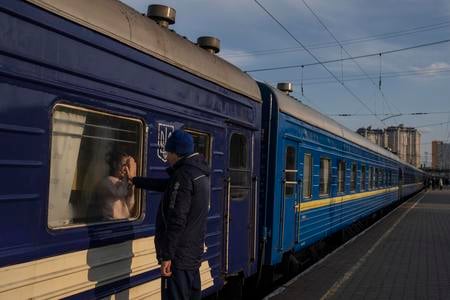
In other news
The Slovak air-defence systems are already protecting eastern Slovakia. The Armed Forces moved the systems into firing positions to cover as much of the eastern border as possible; they will monitor airspace above the border with Ukraine 24/7.
Slovakia is discussing the possibility of repairing damaged Ukrainian military technology, said Defence Minister Jaroslav Naď (OĽaNO). He added that they were addressed by the Ukrainian side, and that no decision has been made yet.
The cabinet allocated €205,800 to buy seeds and fertilisers as part of the humanitarian aid for Ukraine.
The cabinet approved the draft reform of the first pension pillar, with comments. Even though the original proposal contained the parental bonus at 5 percent of their child’s gross salary (2.5 percent for each parent), the coalition eventually agreed on reducing it to just 3 percent (i.e. 1.5 percent for each parent) and setting the cap for the amount, said Labour Minister Milan Krajniak (Sme Rodina).
Retail turnover went up by 16.4 percent year-on-year in February, representingthe second highest y-o-y growth since January 2019. The higher growth was reported in January 2022, when it increased by 17 percent annually, according to the Statistics Office.
In Slovakia, the European Public Prosecutor’s Office is investigating the fifth highest number of cases in the entire EU. In 2021, it opened 45 investigations of corruption and fraud involving EU funds; a higher number was reported only by Germany, Romania, Bulgaria and Italy. Prosecutors delegated from Slovakia assisted in 29 cases in other EU member states. (Euractiv)
More on Spectator.sk today:
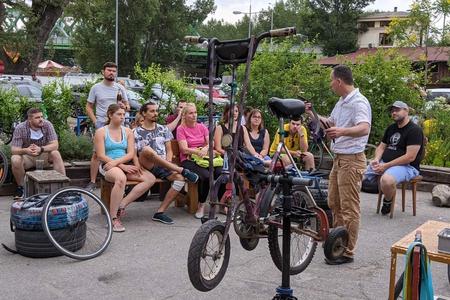
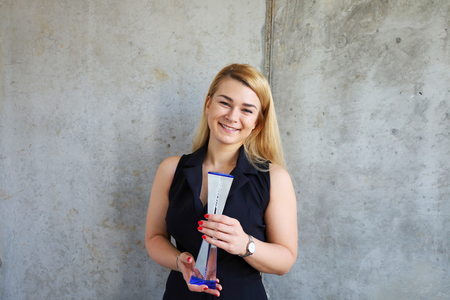
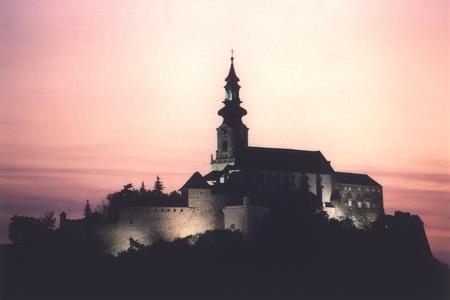
If you have suggestions on how this news overview can be improved, you can reach us at editorial@spectator.sk.



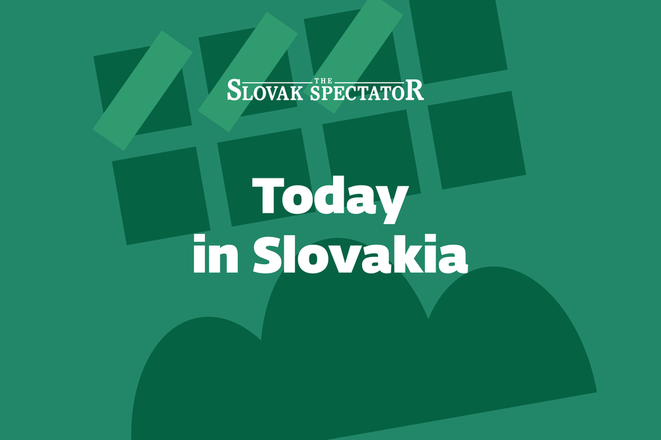 (source: SME.sk / Hej,ty)
(source: SME.sk / Hej,ty)
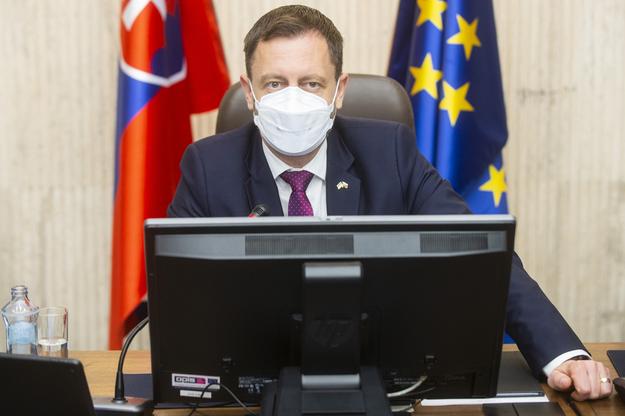 PM Eduard Heger (source: TASR)
PM Eduard Heger (source: TASR)
 Altogether 131 refugees from Ukraine are accommodated at the premises of the Prešov prison; the capacity of the facility is 151 people. The original inmates were moved to Sabinov. The picture features an angel in the Ukrainian national colours created by one refugee and her son as a thank you gift for visitors. (source: TASR)
Altogether 131 refugees from Ukraine are accommodated at the premises of the Prešov prison; the capacity of the facility is 151 people. The original inmates were moved to Sabinov. The picture features an angel in the Ukrainian national colours created by one refugee and her son as a thank you gift for visitors. (source: TASR)
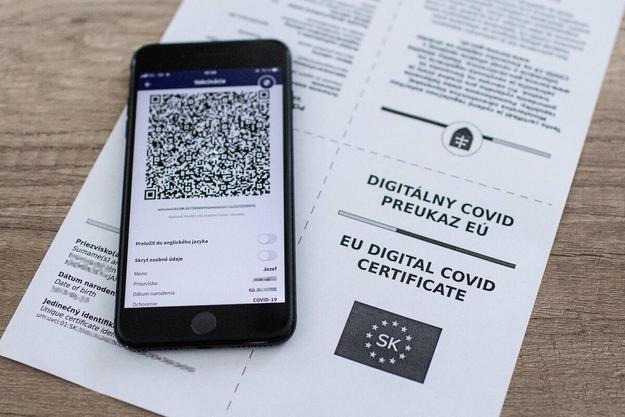 Also people who are jabbed abroad can now apply for the EU Digital Covid Certificate. (source: SME)
Also people who are jabbed abroad can now apply for the EU Digital Covid Certificate. (source: SME)